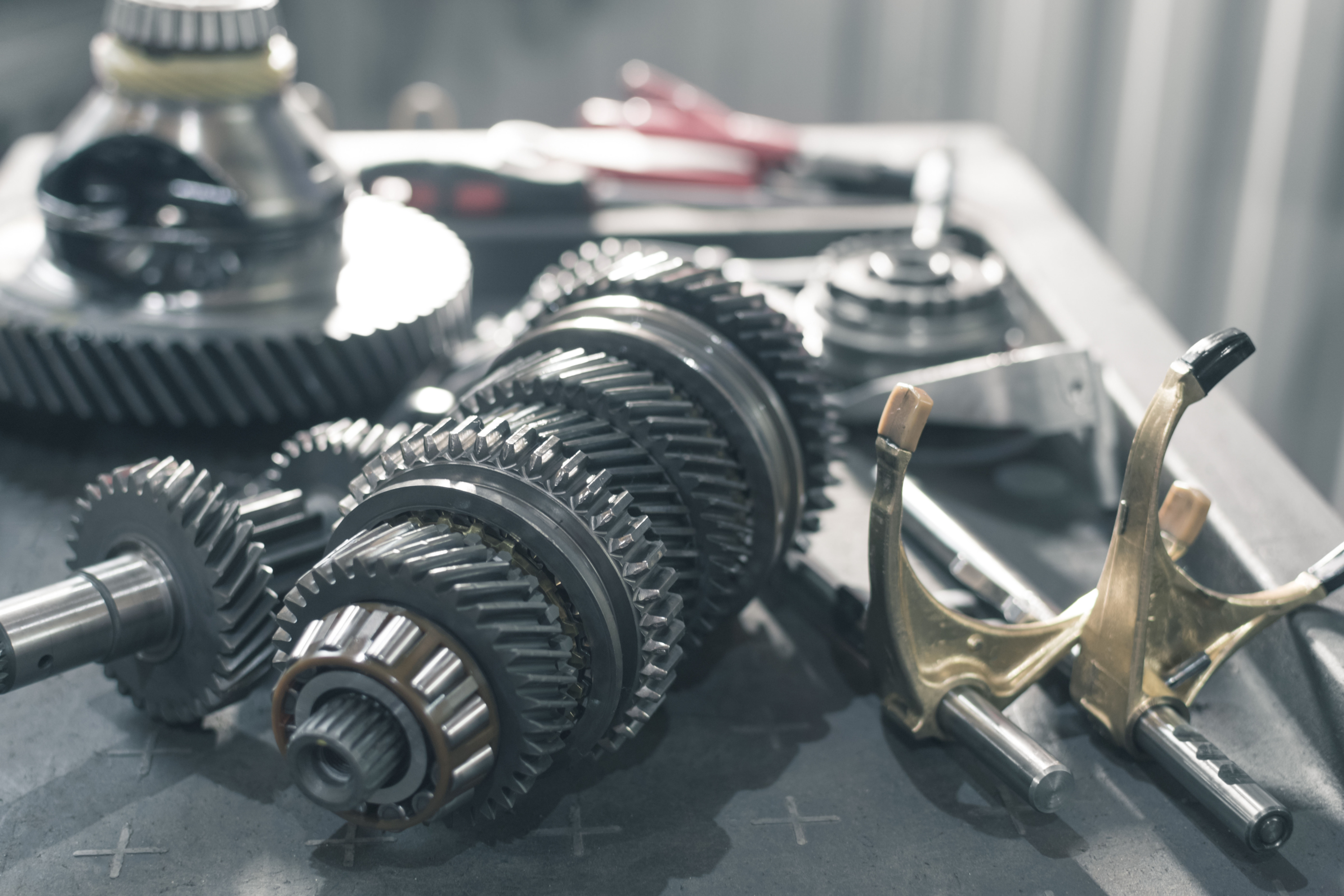Electric Vehicles Spark New Opportunities for Taiwan's Auto Industry
2024/10/30 | By Andrew Hsu
Traditional auto parts manufacturers have long faced challenges in penetrating the vast and established automotive industry. However, Taiwanese manufacturers have earned a strong reputation in the automotive aftermarket for their cost-effectiveness, high-quality standards, and ability to produce low-volume, diversified products. As the industry undergoes a paradigm shift with the rise of electric vehicles and automotive electronics, new opportunities may emerge for Taiwanese companies to break into the global market.
The United States, the world’s largest automotive aftermarket, boasts a nearly 90% automobile insurance rate. For aftermarket (AM) parts, the Certified Automotive Parts Association (CAPA) has established verification standards, which many Taiwanese manufacturers have successfully met. This has bolstered Taiwan's performance in the AM auto parts sector. However, a significant hurdle for many Taiwanese manufacturers remains entering the international supply chain—a process often hampered by the extensive certification timeline required for automotive parts, which can range from two to three years, and sometimes extend up to ten years. Given that most auto parts producers in Taiwan are small to medium-sized enterprises, the costs associated with lengthy certification processes are prohibitive.
The emergence of electric vehicles, however, is reshaping the auto parts market. Newer entrants like Tesla and NIO, which have roots in technology rather than traditional automotive manufacturing, present a different landscape. The certification process for components in these new systems is often significantly shorter, sometimes taking just a few months. As these companies have yet to fully develop their industrial systems, they offer Taiwanese manufacturers a unique window of opportunity to integrate into the global supply chain more rapidly.




